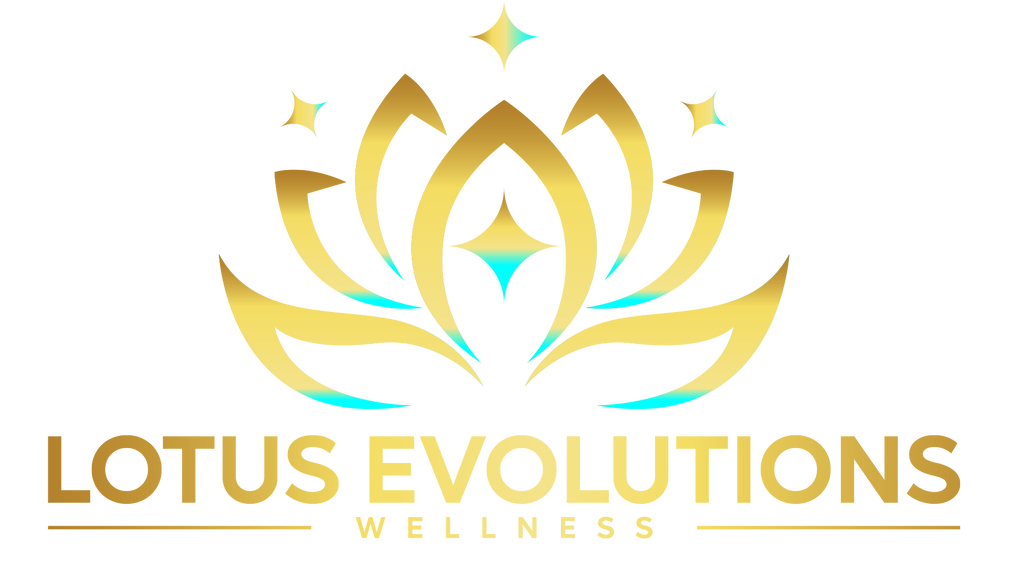Dealing With Acneic Skin
Acne, especially adult acne, has been on the rise. What is acne? Acne is a skin disorder of the sebaceous glands and the hair follicles of the skin. Standard treatment consists of antibiotics, topical Retin A, oral birth control pills and possibly, the administration of Accutane, all of which have potential, serious side-effects. Managing and healing the skin holistically forces us to delve deeper into the body, understanding the likelihood of a much bigger issue that resides internally.
True healing of the skin and the body targets the root causes, not just the symptoms. The root causes can be physical, mental, emotional and/or spiritual and its important to address all of it. For starters, nutrition lies at the core of necessity when addressing acneic skin. Without nutritional intervention, your topical preparations and therapies have limited ability to truly make any significant changes long-term. Together, nutritional intervention with topical therapies, your results can be miraculous and life-changing.
Internal Causative Factors for Consideration:
There are essentially four causative factors to address for consideration when managing the horrendous symptoms of acneic skin. These four internal factors are all interconnected and contribute to many health issues, in addition to acne.
-
Insulin Resistance [2,3] - a condition in which cell membranes have reduced sensitivity to insulin, so that more insulin than normal is needed to move glucose into the cells for proper energy and function. Elevated insulin creates sex hormone imbalances resulting in excess sebum production, along with hyperkeratinization, where the normal shedding of the cells within the follicle, becomes compromised, sticking together, creating impactions and the development of acne lesions. Following a low glycemic diet has proven to be be beneficial for the improvement and maintenance of acne, along with eating foods that increase insulin sensitivity, such as green tea or berries [3].
-
Sex Hormone Imbalances - there are many environmental factors to consider when addressing sex hormone imbalances, as toxins easily disrupt the hormonal balance. Hormonal imbalances can create a lot of havoc with the skin, specifically with acne. I have found, during my practice, that cleansing and detox of the body can offer huge benefits when it comes to hormonal imbalances, as well as, skin issues, so it is something to consider.
-
Microbial Dysbiosis [2,3] - an imbalance of microbes in the gut. “There have been tons of research of the gut microbiome and how it mediates feedback between the foods we eat and our bodies” [3]. The role of the microbiome is to maintain the structure and integrity of the gut, to assist with the digestion and assimilation of our foods, regulate the immune system and inflammatory responses and to provide us with nutrition, such as the production of vitamin K and B7 (biotin). Additionally, the good microbes keep the bad microbes in check. If the gut terrain is imbalanced it creates a whole cascade of immune system dysregulation and chronic inflammatory responses; hence, balancing the gut, through diet and stress reduction, becomes an integral and primary target for skin healing.
-
Systemic Inflammation [3] - inflammation is the body’s response to to stress or injury of some kind. Reducing stressors and adding foods that are anti-inflammatory, proves to be beneficial in managing acneic skin types. One of the most perfect diets for the reduction of systemic inflammation is the Mediterranean Diet, a diet that is easy to follow for most people and abundant in fresh fruits, vegetables, healthy fats and lean proteins.
I will conclude with the following message: the skin is a reflection of our internal environment. When the skin is appearing radiant and vital, it indicates good health. If the skin is in a diseased state, it stands to reason that the internal body systems are out of balance. When the body receives what it needs, healing always begins.
-
Khunger, Neti; Kumar, Chandan; “A clinico-epidemiological study of adult acne - Is it different from adolescent acne?”; Department of Dermatology & STD, VM Medical College and Safdarjang Hospital, New Delhi, India; 2012, Volume 78, Issue 3, pp 335-341
-
Fabbrocini, G; Bertona, M; Picazo, O; Pareja-Galeano, H; Monfrecola, G; Emanuelle, E. “Supplementation with Lactobaccillus rhamnosus normalizes skin expression of genes implicated in insulin signaling and improves adult acne” Beneficial Microbes, 2016, Volume 7, Number 5, pp 625-630
-
Clark, Ashley, K; Hass, Kelly N; Sivamani, Raja K; “Edible Plants & Their Influence of the Gut Microbiome & Acne”; Nutrients and Phytochemicals for Skin Health, 2017, http://doi.org/10.3390/jmsl8051070



Leave a comment